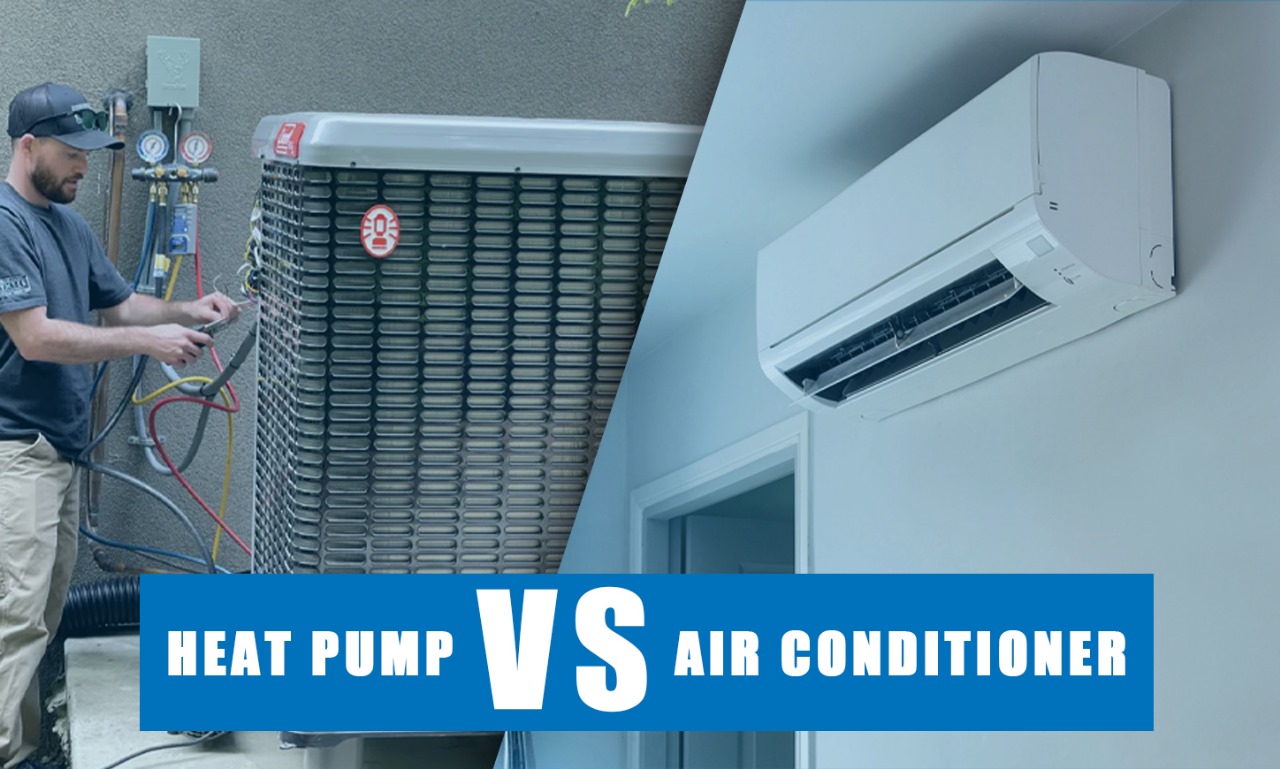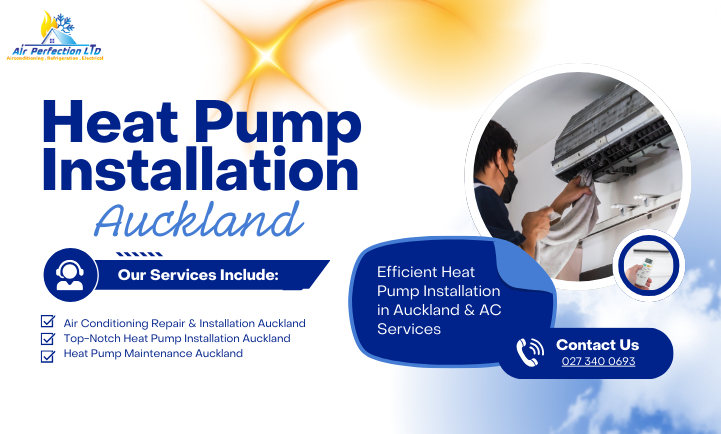Heat pumps and air conditioners are essential appliances for regulating indoor temperature, but they operate differently, each offering unique benefits and drawbacks. As homeowners strive to create comfortable living environments, it’s important to understand the distinctions between these two systems. This knowledge is crucial for making informed decisions about home HVAC (Heating, Ventilation, and Air Conditioning) systems, ensuring efficiency, cost-effectiveness, and optimal performance.
This blog post from HVAC Company explores the specifics of heat pumps and air conditioners, providing a comprehensive overview of their functionalities, advantages, and potential limitations. Explore how each system works, its energy efficiency ratings, installation considerations, and ideal usage scenarios; readers will understand which system best suits their needs.
What is a Heat Pump?
Heat pumps are versatile HVAC systems that heat and cool indoor spaces. Components include an outdoor unit, an indoor unit, refrigerant lines, and a compressor—heat pumps extract heat from the air outside during the heating cycle and transfer it indoors. In the cooling cycle, they reverse this process by removing heat from indoor air and releasing it outside.
What is an Air Conditioner?
An air conditioner is a cooling-only system designed to lower indoor temperatures. Components typically include an outdoor condenser unit, an indoor evaporator coil, refrigerant lines, and a compressor. Air conditioners function by removing heat from indoor air and transferring it outside, resulting in cooler indoor temperatures.
You Must Read: What Is the Best Air Conditioning Unit?
Differences Between Heat Pumps and Air Conditioners
Heating Capability
- Heat Pump: Provides heating and cooling functions, making them more versatile for year-round comfort.
- Air Conditioner: Only offers cooling and requires a separate heating system, such as a furnace, for cold weather.
Energy Efficiency
- Heat Pump: Generally more energy-efficient than traditional air conditioners because they transfer heat rather than generate it.
- Air Conditioner: Consumes more energy, especially when paired with a separate heating system.
Climate Suitability
- Heat Pump: Ideal for moderate climates where temperatures rarely drop below freezing, as they may struggle to extract heat from very cold air.
- Air Conditioner: Suitable for any climate but may require supplemental heating in colder regions.
Installation Cost
- Heat Pump: Installation costs may be higher initially due to the additional components needed for heating capabilities.
- Air Conditioner: Typically less expensive to install since they only provide cooling.
Pros and Cons of Heat Pumps vs. Air Conditioners
Heat Pump Pros and Cons
Advantages
- Energy Efficiency: Heat pumps are highly energy-efficient, transferring heat rather than generating it, resulting in lower utility bills.
- Versatility: Heat pumps provide heating and cooling, offering year-round comfort with a single system.
- Environmentally Friendly: Heat pumps produce fewer greenhouse gas emissions than traditional heating systems.
Disadvantages
- Initial Cost: Heat pumps typically have higher upfront costs compared to air conditioners, which may deter some homeowners.
- Climate Limitations: Heat pumps may need help to extract heat from freezing air, making them less effective in freezing climates.
- Maintenance Requirements: Heat pumps require regular maintenance to ensure optimal performance and longevity.
Air Conditioner Pros and Cons
Advantages
- Lower Initial Cost: Air conditioners are generally more affordable to install compared to heat pumps.
- Effective Cooling: Air conditioners provide reliable cooling performance, making them suitable for hot climates.
- Simple Maintenance: Air conditioners have fewer components than heat pumps, resulting in simpler maintenance and service requirements.
Disadvantages
- Cooling Only: Air conditioners only offer cooling and require a separate heating system for cold weather, which can increase overall energy costs.
- Limited Versatility: Air conditioners lack the heating capabilities of heat pumps, limiting their usefulness in regions with fluctuating temperatures.
- Environmental Impact: Air conditioners consume more electricity, contributing to higher carbon emissions and environmental impact than heat pumps.
Which One Should You Choose?
- Climate: Consider your region’s climate and whether you need heating and cooling capabilities throughout the year.
- Energy Efficiency: Assess the energy efficiency ratings of both systems and their long-term cost implications.
- Budget: Evaluate the upfront costs and ongoing expenses associated with each system, including HVAC installation, maintenance, and utility bills.
- Space and Installation Requirements: Determine if you have space constraints or specific installation considerations that may influence your choice.
What we say:
A heat pump may be the best choice for homeowners in moderate climates who prioritize energy efficiency and year-round comfort. For those in hot climates where cooling is the primary concern, and heating is less of a priority, an air conditioner may suffice. Consult an HVAC professional to assess your needs and recommend the most suitable system for your home or business.
Conclusion
Heat pumps offer heating and cooling capabilities, while air conditioners only provide cooling. Heat pumps are more energy-efficient and environmentally friendly but may have higher upfront costs and climate limitations. Air conditioners are more affordable to install and simpler to maintain, but they lack the versatility of heat pumps.
Understanding these key differences between heat pumps and air conditioners is essential for homeowners choosing the most suitable HVAC system for their needs, climate, and budget. Considering factors such as heating capability, energy efficiency, installation requirements, cost, and climate suitability, homeowners can make informed decisions that ensure year-round comfort and efficiency in their homes.






